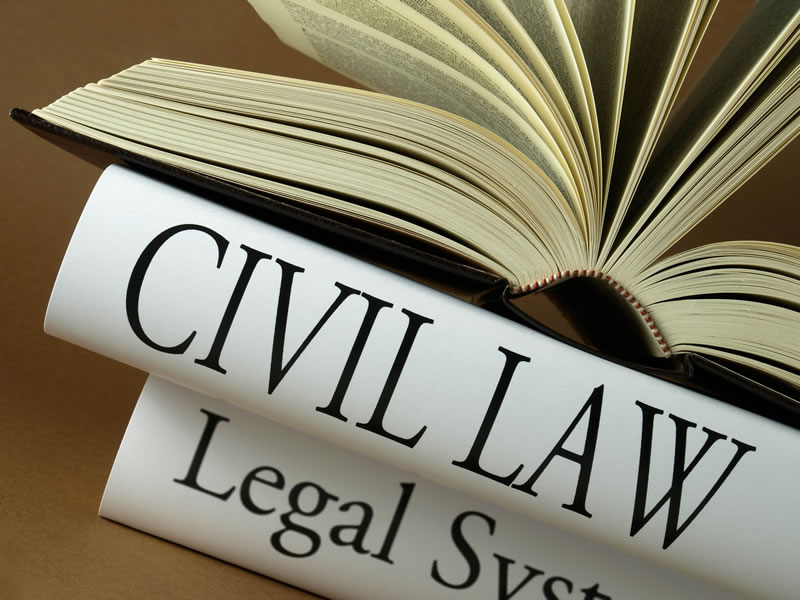
How to make a Succession Certificate in Indore?
To make a succession certificate under the Indian Succession Act, you need to follow these steps:
Determine the appropriate jurisdiction: The application for a succession certificate should be filed in the appropriate court based on the location of the assets or properties of the deceased.
Gather necessary documents: Collect all the required documents, which may include the following:
- Death certificate of the deceased
- Proof of relationship with the deceased (e.g., birth certificates, marriage certificates)
- Details of assets and liabilities of the deceased
- Copy of the will (if any)
- Identification documents of the applicant (e.g., Aadhaar card, PAN card)
- Prepare the application: Draft an application for a succession certificate. The application should include details such as the name of the deceased, date and place of death, details of the assets and liabilities, details of legal heirs, and any other relevant information.
- Affidavit: Prepare an affidavit stating the facts of the case, the relationship with the deceased, and the details of other legal heirs.
- Value of assets: Provide an estimate of the value of the assets and properties for which the succession certificate is sought. This will help the court determine the appropriate fee.
- Court fee: Pay the required court fee as prescribed by the relevant court.
- Submit the application: File the application along with the necessary documents and court fee in the appropriate court. Ensure that you keep multiple copies of the application and supporting documents for your records.
- Court proceedings: Attend the court hearings as scheduled. The court may require additional documents or may ask for clarifications during the proceedings.
- Public notice: After accepting the application, the court may issue a public notice regarding the application for a succession certificate. This allows any interested party to raise objections or claims if they have any.
- Grant of succession certificate: If the court is satisfied with the application and there are no objections or claims, it will grant the succession certificate. This certificate allows the applicant to claim and transfer the assets of the deceased.
- Legal representation: While it is not mandatory to have legal representation, it is advisable to seek the assistance of a lawyer who specializes in succession matters. They can guide you through the process, ensure compliance with legal requirements, and represent your interests effectively in court.
- Notice to legal heirs: Before applying for a succession certificate, it is important to notify all the legal heirs of the deceased about your intention to apply. This allows them to raise any objections or claims if they believe they are entitled to a share of the assets. It is advisable to send a written notice via registered post with acknowledgment due or through any other legally recognized means of communication.
- Sureties and bond: In some cases, the court may require the applicant to provide sureties or a bond as security before granting the succession certificate. The sureties act as guarantors that the applicant will distribute the assets according to the court’s instructions.
- Representation through a power of attorney: If the applicant is unable to appear in court personally, they can appoint someone through a power of attorney to represent them. The power of attorney should be duly executed and should specifically mention the authority to apply and obtain the succession certificate.
- Appeal: If the court rejects your application for a succession certificate, you may have the option to file an appeal against the decision. Consult with your lawyer to understand the grounds and procedure for filing an appeal in your specific jurisdiction.
- Use of succession certificate: Once you obtain the succession certificate, it can be used to establish your legal right as the successor to the deceased person’s assets. You can use it to transfer or sell the assets, claim insurance proceeds, close bank accounts, and perform other necessary actions related to the deceased person’s estate.
Remember, the process of obtaining a succession certificate can be complex and time-consuming. It is essential to have a clear understanding of the applicable laws and seek legal advice to ensure a smooth and successful application process.
